Meeting #06 (Feb 2016) - SMPAG
SUMMARY OF THE 6th MEETING OF THE SPACE MISSION PLANNING ADVISORY GROUP, 16-17 FEBRUARY 2016
On the margins of the 53rd session of STSC, Vienna
The 6th meeting of the Space Mission Planning Advisory Group (SMPAG) took place on the margins of the 53rd session of the Scientific and Technical Subcommittee (STSC) of UN COPUOS in Vienna. The United Nations Office for Outer Space Affairs (UNOOSA) supported the meeting.
Adoption of the agenda and introductory presentations
Following an opening update on the status of SMPAG and the International Asteroid Warning Network (IAWN), JAXA presented an overview of their activities, including the hosting of the 5th Planetary Defense Conference, to be held in Tokyo on 15-19 May 2017 and IAU informed that the next General Assembly of the IAU will be held in Vienna on 20-31, August 2018, gathering about 3,000 astronomers. An IAU NEO Working Group is also planned to be set-up.
Application for SMPAG membership from KASI
The SMPAG Chair informed the group of the membership application by the Korea Astronomy and Space Science Institute (KASI), contained in a letter to SMPAG Chair dated 4 February 2016. KASI was unanimously accepted as a new SMPAG member. The Chair welcomed KASI and is looking forward to their constructive contribution to SMPAG work.
Statement on Asteroid Orbit Deflection Demonstrations
After some iteration the amended statement was unanimously adopted on 17 February and will be posted on the SMPAG website (see Annex 1).
SMPAG Secretariat function by UNOOSA
There is a need for a permanent SMPAG Secretariat function and UNOOSA could perform this task. The intention is for the SMPAG Secretariat to provide continuity, keep documentation as institutional memory, independent of the rotating SMPAG chairmanship, including the workplan and other technical documentation. The SMPAG Secretariat would also assist in organizing SMPAG meetings, either locally in Vienna (in conjunction with STSC) or at different locations. UNOOSA stressed that there is a strategic interest of the Office in working with SMPAG and IAWN, in particular as these are entities established by UN COPUOS and importantly linked to the UNISPACE+50 process, which aims to reinforce some of the existing global coordination mechanisms working towards resiliency, in addition to looking at areas where new mechanisms are needed in strengthening the overall global space governance.
SMPAG further discussed the question of funding, in terms of finding a long-term solution for the SMPAG Secretariat, in particular for participation at the meetings. The option of finding a long-term mutually agreeable solution on funding will be debated further.
Reporting to STSC and UN COPUOS
It had been agreed that both SMPAG and IAWN will report on their activities in a written form to UN COPUOS on an annual basis. SMPAG and IAWN Chairs will report on the activities of the groups to STSC on 18 February 2016 in the plenary under agenda item 12 on Near-Earth Objects.
Open Forum
An IAWN and SMPAG Open Forum is to be held on the margins of the STSC session, on 18 February 2016 from 1.30-3.00 p.m. in the Board Room D, Vienna International Centre, to present the work of the groups to UN COPUOS member states, interested staff of the UN Vienna-based organizations and the media. IAWN and SMPAG prepared a leaflet with information on their work and websites.
Next SMPAG Chair
To oversee the completion of the initial development phase of SMPAG, it was agreed unanimously that the current Chair (ESA) should continue with the chairmanship for the next two years.
Numbering of SMPAG meetings
It was agreed that the SMPAG meetings would be numbered sequentially, indicating also whether the meeting was held as a SMPAG Steering Committee meeting. Date and year of the meetings should be included. It was agreed that the SMPAG website is to be structured accordingly (SMPAG meetings, SMPAG SC meetings).
Status of report of work plan items
Status reports were given on all ongoing work plan items. Splinter meetings were proposed and held on the following subjects: 1) metric for the orbit accuracy (ESA); and 2) criteria and thresholds for impact response actions (NASA).
Out of 11 items in the workplan, 7 have Leads and 4 are still to be identified. Romania (ROSA) has offered to take the lead on item 5.9. ‘Criteria for deflection targeting'. This was welcomed and agreed.
Technical presentations: Technical presentations should, in principle, be tailored to meet the workplan areas and recommended by the workplan-leads. Some time could also be allocated to general presentations on invitation by the Chair.
At the meeting, the following technical presentations were made:
-- Utilizing risk to define thresholds for impact threat response actions (C. Rumpf);
-- Impact hazard Protection Efficiency by a small kinetic impactor (C. Colombo);
-- Stardust – A fresh look at planetary defence (M. Vasile).
Legal issues
Legal issues were addressed by SMPAG for the first time. The following two presentations were given to introduce the subject:
-- Legal issues in planetary defense (L. Drube , DLR)
-- Overview of existing space laws relevant for SMPAG (P. Stubbe, DLR)
SMPAG unanimously agreed to establish an Ad-Hoc Working Group on legal issues to, amongst other things: formulate and prioritize relevant legal issues and questions requiring clarification in regard to the work of SMPAG; consider the legal questions in the context of existing treaties; and devise a plan of action to tackle outstanding issues.
Delegations were asked to nominate representatives for the Ad-Hoc Working Group and, in addition, suggest international space lawyers for the Ad-Hoc WG by 31 May 2016. The first meeting of this Ad-Hoc WG on legal issues will be held on the margins of the 54th session of STSC in Vienna in 2017. Initial inputs on legal issues shall be provided to Ms. Line Drube (DLR).
SMPAG Meetings
It was agreed that, generally, a yearly full SMPAG meeting should take place on the margins of the STSC session in Vienna. The 2nd meeting could be held as a SMPAG Steering Committee meeting at a rotating location, possibly in conjunction with a space-related conference.
Next SMPAG Meeting
It was agreed that the next SMPAG Steering Committee meeting will be held in Pasadena, USA, on the margins of the Division for Planetary Sciences (DPS) conference, on 16-21 October 2016 (the exact date is still tbd). The Steering Committee will meet ahead of the Pasadena meeting via a WebEx session. The first full SMPAG meeting in 2017 will be held on the margins of the 54th STSC session, scheduled for 30 January to 10 February 2017.
* *** *
Annex 1:
Statement on Asteroid Orbit Deflection Demonstrations
Given the degree of international interest in asteroid research and awareness of the impact hazard, advantage should be taken of opportunities to investigate asteroid deflection physics, techniques and effects as a part of science and technology demonstration missions. While general science and technology efforts are vital, the Space Mission Planning Advisory Group (SMPAG) has identified the need to gain sufficient confidence in the viability of any proposed technique to deflect an asteroid from an impact trajectory. Therefore the performance of the deflection technique to be utilized must have been actively demonstrated in a realistic planetary defence scenario to increase the current level of confidence.
The SMPAG encourages actual demonstration of the kinetic impactor technique with a space mission, as it appears at this point in time to be the most technologically mature method of asteroid deflection. SMPAG also supports the investigation of the gravity tractor technique for demonstration as a part of any space mission using ion or other low-thrust propulsion technology planned to visit an asteroid. SMPAG also encourages the investigation and technology maturation of other potential deflection and impact mitigation techniques to determine their viability, particularly in combination with other missions.
Annex 2:
List of participating delegations
Members: CNES (France), DLR (Germany), ESA, JAXA (Japan), KASI (Republic of Korea), NASA (USA), ROSA (Romania), ROSCOSMOS (Russian Federation), SUPARCO (Pakistan), UKSA (UK) and IAWN (ex officio)
Observers: ASE, IAU, UNOOSA
Other delegations: ASF (Austria), ISA, SQU/NCPT, NEO Sciences
- Removed a total of (3) align=center.
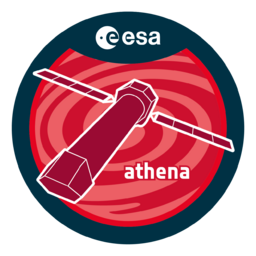
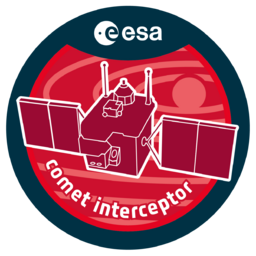

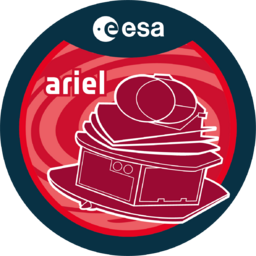
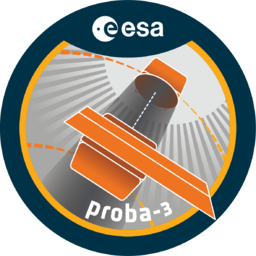
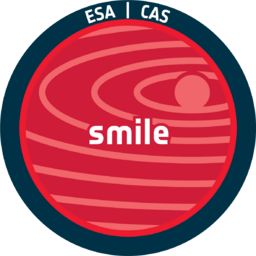
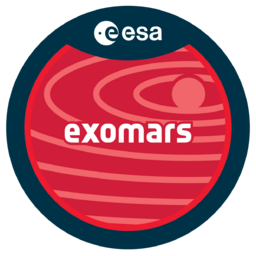
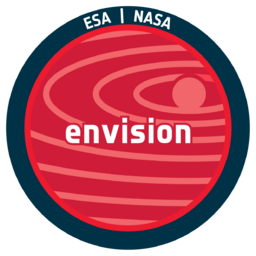
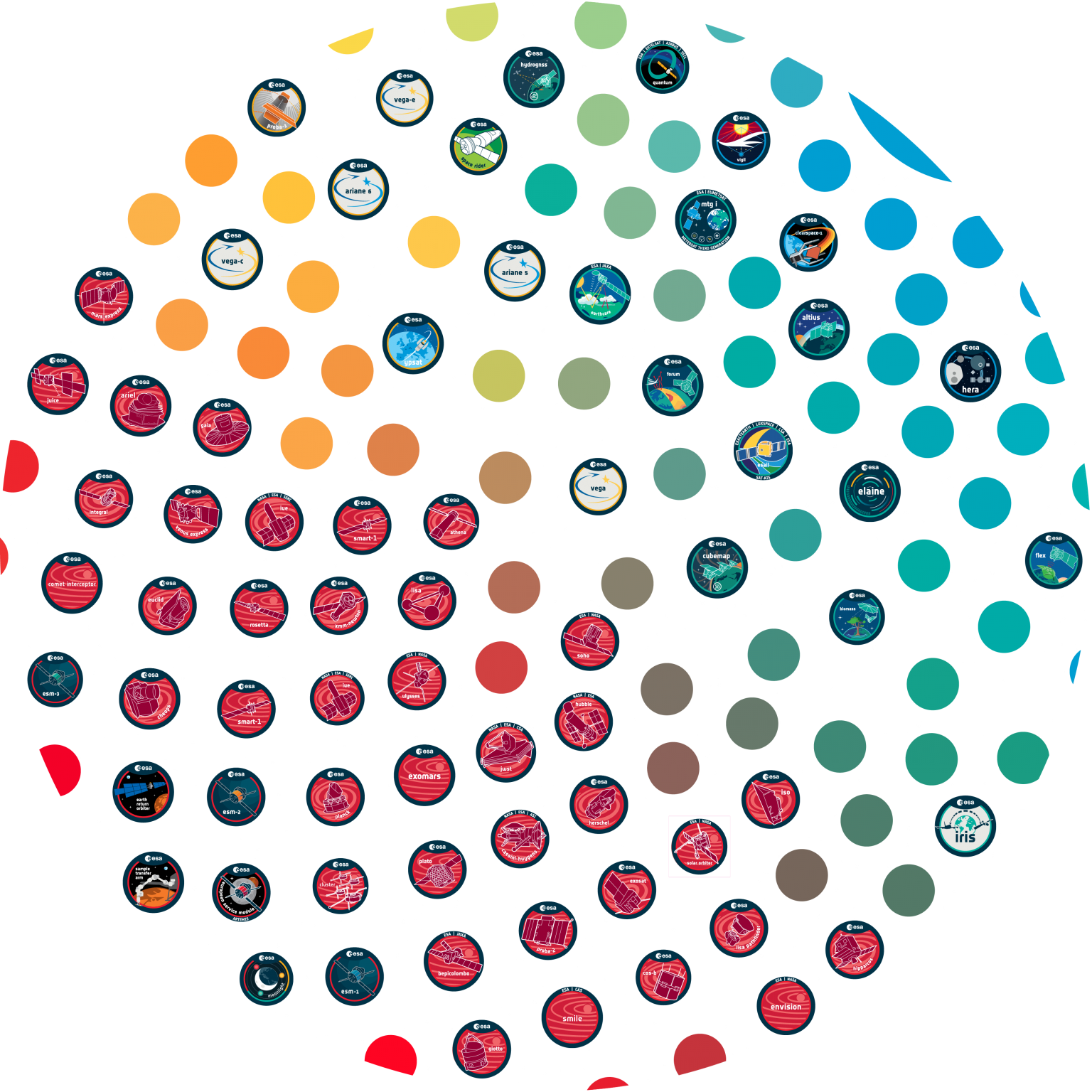
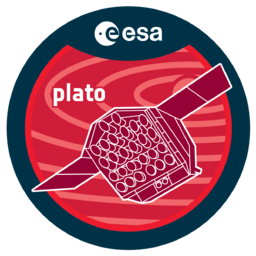
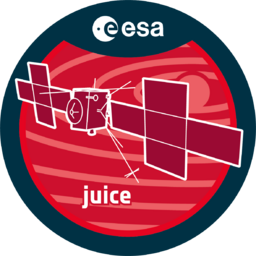
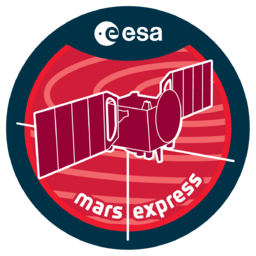
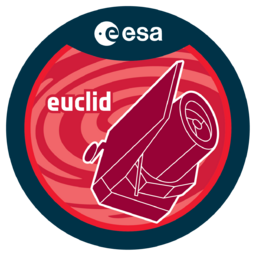
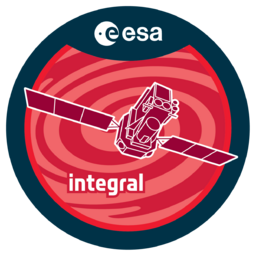
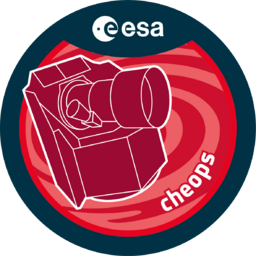
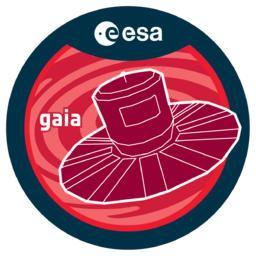
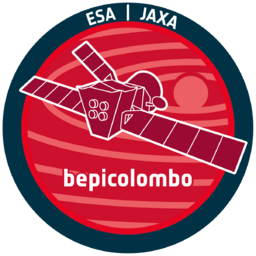
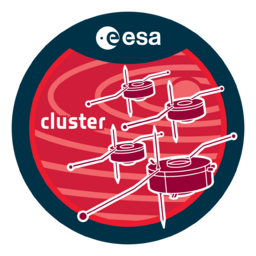
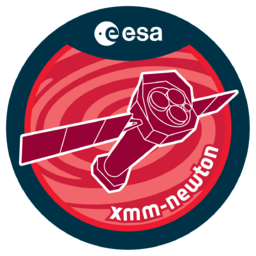
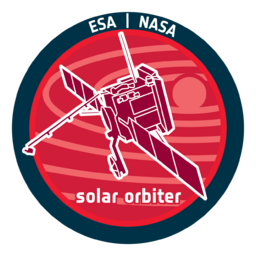
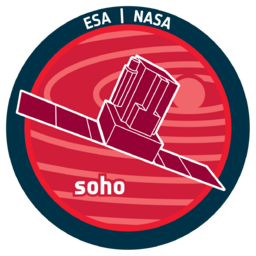
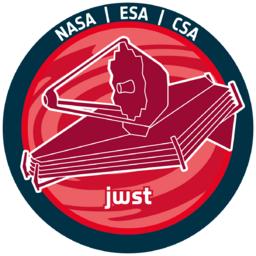
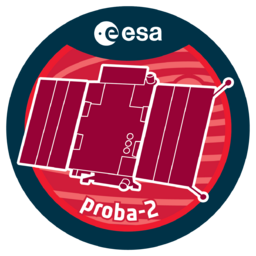
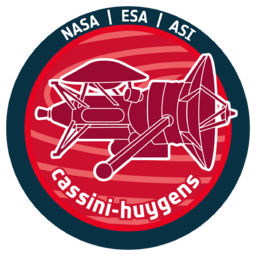
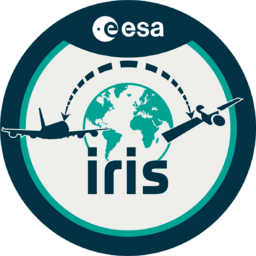
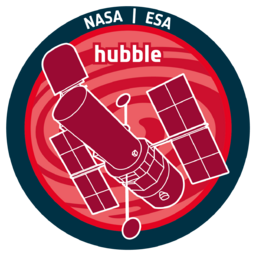

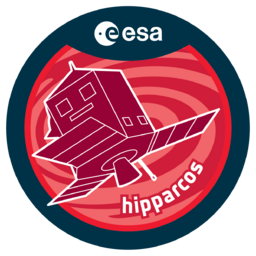
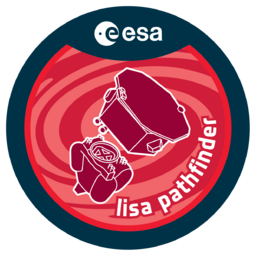
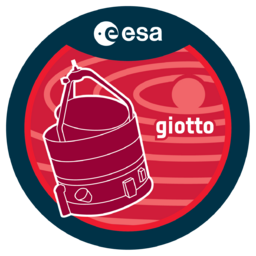
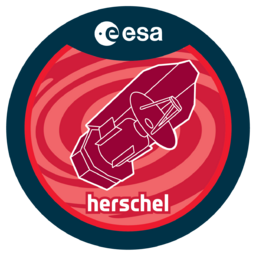
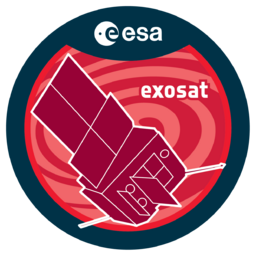
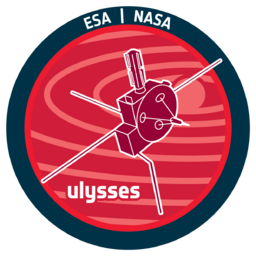
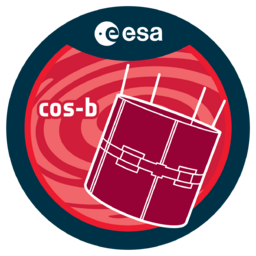
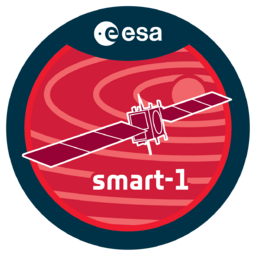
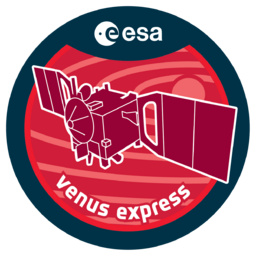
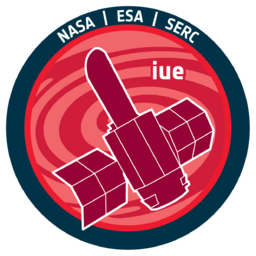
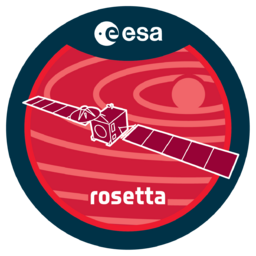
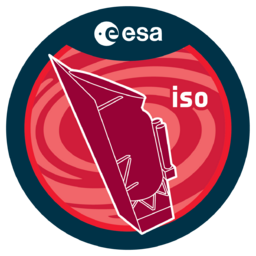

 Sign in
Sign in
 Science & Technology
Science & Technology